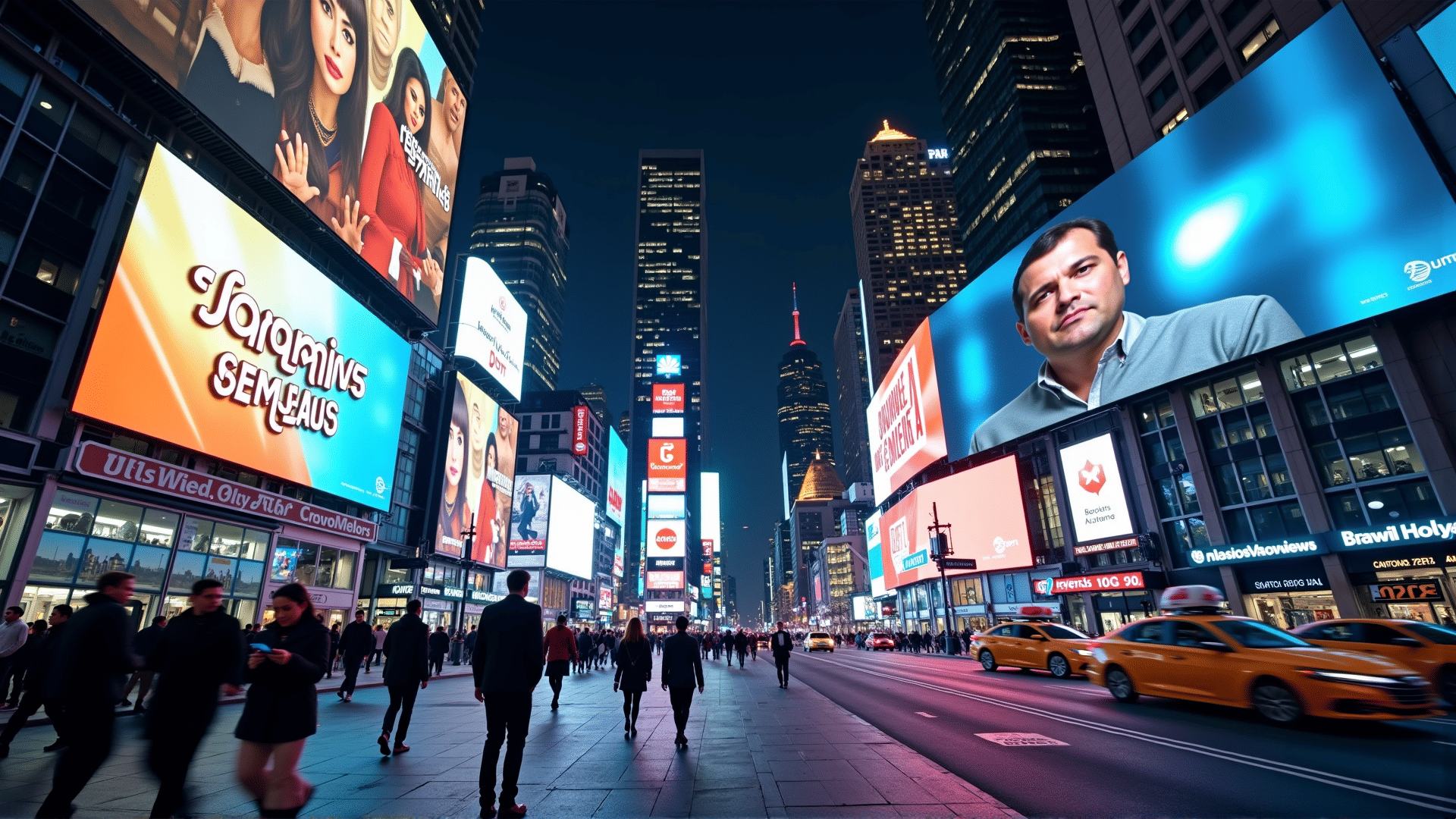In today's interconnected world, media channels hold an influential position in society, serving as both a mirror and a catalyst for change. They critically reflect and shape societal norms and values, while at times challenging the status quo to inspire progress. Understanding the media's role is crucial in deciphering its impact on modern culture.
Media narratives often mirror societal beliefs and practices, shaping public perception by providing both overt and subtle cues about what is considered acceptable or desirable. Through movies, news broadcasts, and online platforms, individuals absorb the prevailing cultural discourse. This process not only reinforces existing norms but also legitimizes them by making them part of the dominant cultural landscape.
Simultaneously, the media acts as an essential vehicle for introducing new ideas and challenging outdated norms. Documentaries and journalistic investigations, for instance, spotlight pressing social issues and injustices, prompting public dialogue and encouraging change. By covering topics such as gender equality, environmental concerns, and human rights, media has the power to shift societal values toward more progressive ideals.
In the digital age, social networks play a pivotal role in facilitating communication and providing a platform for diverse voices. They amplify marginalized perspectives, enabling them to reach a broader audience and challenge mainstream narratives. This democratization of information empowers individuals to engage with and reshape cultural conversations, fostering a more inclusive society.
However, with this influence comes the responsibility to accurately and ethically represent different communities and perspectives. The portrayal of minorities and the handling of controversial issues can perpetuate stereotypes and biases or, conversely, contribute to greater understanding and empathy. Therefore, it is imperative for media practitioners to approach their work with integrity and mindfulness of their societal impact.
Moreover, media literacy plays a critical role in fostering a discerning audience. Educating individuals to critically evaluate media content allows them to recognize bias, distinguish between fact and opinion, and make informed decisions. This not only enhances personal understanding but also contributes to a more informed and engaged society.
In conclusion, media channels serve as both a reflection of and an engine for cultural evolution. They have the capacity to reinforce existing norms while simultaneously challenging them, guiding society towards a more equitable future. Embracing this dynamic requires not only responsible media creation but also an informed audience capable of navigating the complex media landscape. Through this synergy, media can fulfill its potential as a powerful force for societal good.
